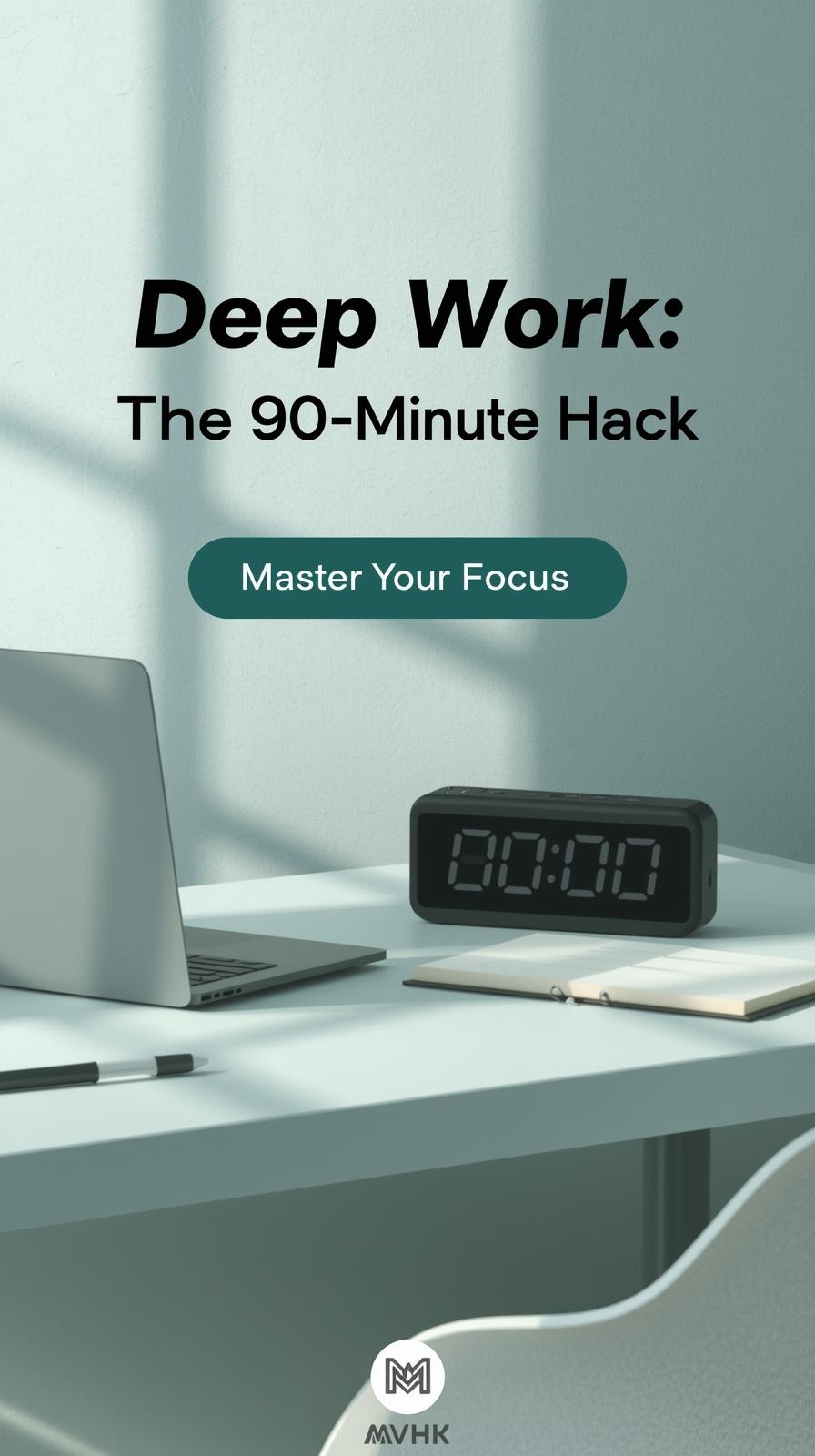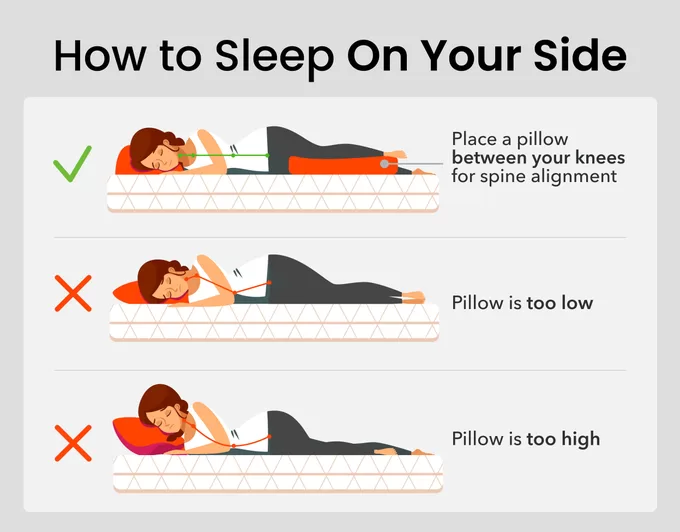The Caffeine Hack You Need to Know for Smart Energy ⚡
Most people rely on coffee first thing in the morning — but science shows there’s a smarter way to drink caffeine for maximum benefits. If you’re chasing better focus, natural alertness, and fewer side effects, this caffeine hack is your game-changer.
Here’s why adjusting your coffee timing can be the secret biohacking tip you didn’t know you needed.
1️⃣ Why the Timing of Your Caffeine Matters
Waking up and reaching straight for a coffee mug is practically a ritual. But it might actually backfire.
- Cortisol Peaks Naturally in the Morning
Upon waking, your body produces high levels of cortisol, the “alertness hormone.” Studies show that cortisol levels peak about 30–45 minutes after waking, helping you naturally feel awake and energized.
Drinking coffee during this peak:- Blunts the natural cortisol production.
- Reduces caffeine’s effectiveness over time.
- Increases tolerance (meaning you need more coffee for the same effect).
- Impact on Anxiety and Heart Health
Early caffeine intake can overstimulate the nervous system, leading to:- Increased anxiety.
- Heart palpitations.
- Poor sleep later in the day.
✅ Solution: Wait 90–120 minutes after waking before drinking your first cup of coffee!
2️⃣ The Science Behind the 90–120 Minute Rule
Why 90–120 minutes?
This timing allows your cortisol to naturally fall after its peak. By then, your body is ready to benefit from caffeine’s alertness-boosting effects without overwhelming your system.
- Improved Cognitive Function:
Research confirms that caffeine enhances memory, reaction time, and focus — but only when timed appropriately. - Stabilized Energy Levels:
Smart caffeine consumption prevents the common “afternoon crash” many people experience after a morning spike. - Better Sleep at Night:
Because your system isn’t overstimulated early, your natural circadian rhythms stay more balanced, supporting deeper, more restorative sleep.
Pro Tip: Pair your delayed coffee with a light, high-protein breakfast to further stabilize your energy.
3️⃣ How to Easily Implement This Biohacking Secret
Changing habits is tough — but this tweak is surprisingly simple. Here’s how to nail it:
- Step 1: Hydrate First
After waking, drink a large glass of water to help kickstart your metabolism naturally. - Step 2: Get Natural Light Exposure
Morning sunlight tells your body to stop melatonin production (the sleep hormone) and boosts wakefulness. - Step 3: Engage in Light Movement
Stretching, walking, or a brief mobility routine enhances blood circulation and energy levels. - Step 4: Time Your First Caffeine Dose
Set an alarm or use a reminder to enjoy your coffee 90–120 minutes after waking.
| Time Woke Up | Ideal First Coffee Time |
|---|---|
| 6:30 AM | 8:00 AM – 8:30 AM |
| 7:00 AM | 8:30 AM – 9:00 AM |
| 8:00 AM | 9:30 AM – 10:00 AM |
Conclusion: How to Get Started Today
If you want to tap into smart energy without the downsides of caffeine dependence, it’s time to rethink when you drink your coffee.
By adopting this simple caffeine hack, you’re not only supporting your healthy life and longevity goals — you’re mastering one of the easiest biohacking secrets around.
Start tomorrow morning. Hydrate, move, get some sunlight — then savor that first cup when your body’s truly ready for it. Your brain and heart will thank you.
Frequently Asked Questions about Caffeine Hacks
Which time of day is best to drink coffee?
Answer: Ideally, 90–120 minutes after waking up, between 8:00–10:00 AM depending on your schedule. Avoid caffeine after 2 PM to prevent sleep disturbances.
Will delaying coffee improve my energy levels?
Answer: Yes! Waiting enhances natural cortisol rhythms and makes caffeine more effective, resulting in more stable, lasting energy.
How can I stay awake without caffeine early in the morning?
Answer: Natural light exposure, hydration, a protein-rich breakfast, and light movement all help boost alertness without needing immediate caffeine.
- Cortisol Awakening Response – NCBI Study (opens in a new window)
- Caffeine and Cognitive Performance – PubMed (opens in a new window)
S






